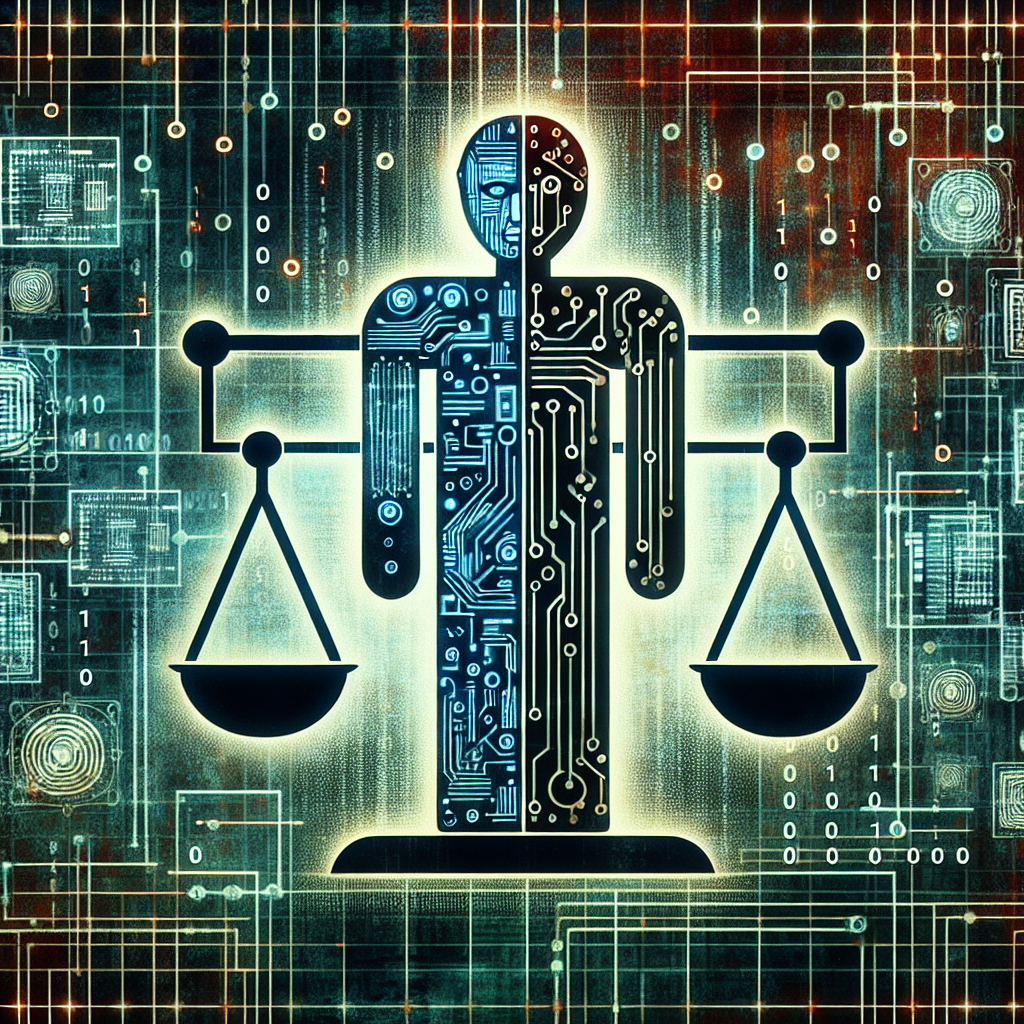Exploring the Ethical Implications of Artificial Intelligence
In recent years, artificial intelligence (AI) has become increasingly prevalent in our daily lives. From virtual assistants like Siri and Alexa to self-driving cars and automated customer service chatbots, AI technology is rapidly advancing and changing the way we interact with the world around us. While AI has the potential to revolutionize industries and improve efficiency, there are also ethical implications that must be considered as this technology continues to evolve.
One of the main ethical concerns surrounding AI is the issue of bias and discrimination. AI systems are only as unbiased as the data they are trained on, and if that data is biased, the AI system can perpetuate that bias. For example, studies have shown that AI algorithms used in hiring processes can inadvertently discriminate against minority groups or women if the data used to train the algorithm is biased. This raises questions about fairness and equity in AI systems and how to ensure that these systems are free from bias.
Another ethical consideration is the issue of privacy and data security. AI systems rely on vast amounts of data to learn and make decisions, which can raise concerns about the privacy of that data. If AI systems are not properly secured, there is a risk that sensitive information could be exposed or misused. Additionally, the use of AI in surveillance and monitoring raises questions about the balance between security and individual privacy rights.
There are also concerns about the impact of AI on the job market and the future of work. As AI technology continues to advance, there is a fear that automation will lead to job losses and economic inequality. There are also questions about the ethical implications of using AI to replace human workers in certain industries, as well as the potential for AI to exacerbate existing social inequalities.
In order to address these ethical concerns, it is important for policymakers, researchers, and industry leaders to work together to develop guidelines and regulations for the responsible use of AI. This may include ensuring transparency and accountability in AI systems, promoting diversity and inclusivity in AI development, and protecting individual privacy rights.
Ultimately, exploring the ethical implications of artificial intelligence is crucial as we continue to integrate this technology into our lives. By considering these ethical concerns and working towards solutions, we can ensure that AI is developed and used in a way that benefits society as a whole.


